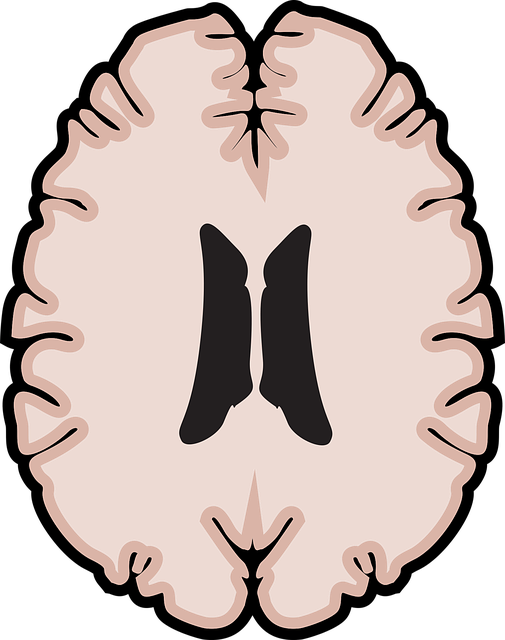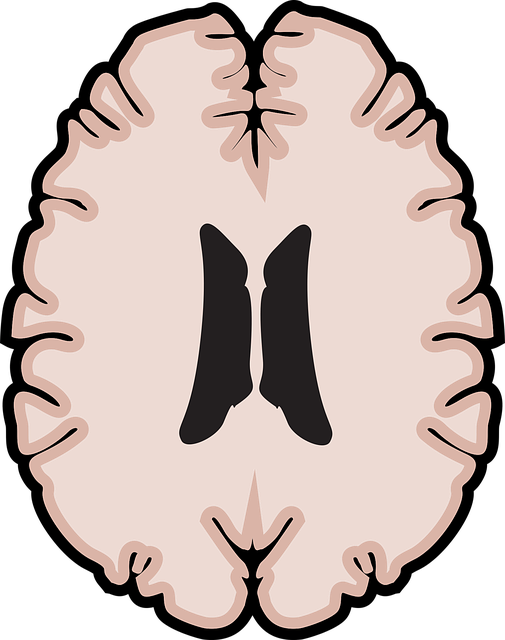Denver Abuse Survivors Therapy (DAST) promotes mental wellness through journaling, a powerful tool for healing and personal growth. This specialized therapy encourages survivors to document their experiences, thoughts, and feelings in a safe space, helping them challenge negative thought patterns, enhance resilience, and gain self-compassion. By combining journaling with mindfulness meditation, DAST offers a holistic approach to emotional recovery, fostering self-awareness and understanding of traumatic experiences while destigmatizing mental health conversations. Regularly tracking mental wellness through journaling allows individuals to identify progress, celebrate achievements, and make informed decisions about their care, including seeking professional assistance from DAST.
Mental wellness journaling is a powerful tool for self-care, especially for those who have experienced trauma. Inspired by the Denver Abuse Survivors Therapy (DAST) approach, this article guides you through the art of using journaling to process emotions and promote healing. We’ll explore how to establish a consistent practice, offering tips on topics, techniques, and tracking progress. Discover self-care strategies woven into each step, empowering you to navigate your mental wellness journey with resilience.
- Understanding Mental Wellness Journaling
- The Denver Abuse Survivors Therapy Approach
- Creating Your Journaling Practice
- Tracking Progress and Self-Care Strategies
Understanding Mental Wellness Journaling

Mental wellness journaling is a powerful tool for self-reflection and personal growth, offering Denver abuse survivors therapy an avenue to explore and understand their thoughts and emotions. It involves documenting experiences, feelings, and insights in a private, safe space, allowing individuals to gain clarity and promote mental healing. By putting pen to paper, one can externalize their inner world, making complex emotions more manageable and providing a sense of agency over their mental wellness.
This practice draws upon the principles of mind over matter, encouraging emotional intelligence and compassion cultivation practices. It enables individuals to challenge negative thought patterns, foster self-compassion, and cultivate a deeper understanding of themselves. Through regular journaling, Denver abuse survivors can develop coping strategies, enhance resilience, and progress on their path to healing and well-being.
The Denver Abuse Survivors Therapy Approach

The Denver Abuse Survivors Therapy (DAST) approach is a specialized form of therapy that focuses on healing individuals who have experienced trauma and abuse. This therapeutic method emphasizes the power of self-reflection and expression through various techniques, including journaling. Journaling becomes an instrumental tool in DAST, encouraging survivors to explore their emotions, memories, and patterns related to the trauma they’ve endured. By documenting thoughts and experiences, individuals can develop a deeper understanding of themselves and gain insights into their healing process.
Incorporating mindfulness meditation practices alongside journaling allows for increased self-awareness and emotional regulation. This holistic approach, supported by research in mental healthcare, ensures that survivors are not only addressing the symptoms of trauma but also cultivating coping strategies for long-term resilience. Furthermore, DAST considers cultural sensitivity in mental healthcare practice, recognizing that traumatic experiences can be influenced by societal and cultural factors. Public awareness campaigns development around these topics is essential to destigmatizing mental health conversations and fostering supportive environments for survivors seeking therapy.
Creating Your Journaling Practice

Creating a journaling practice can be a powerful tool for mental wellness, especially for those who have experienced trauma or are navigating mental illness. At Denver Abuse Survivors Therapy, we encourage clients to explore this therapeutic method as part of their healing journey. By dedicating time each day or week to write down your thoughts and feelings, you’re taking an active step towards self-care and understanding.
This practice allows for introspection and reflection, helping to cultivate Mind Over Matter Principles. It’s a safe space to express emotions without judgment, which can be particularly beneficial in reducing the mental illness stigma often associated with seeking support. Through journaling, you can gain insights into your thought patterns, triggers, and coping mechanisms, fostering positive thinking and self-awareness—essential tools in managing mental health.
Tracking Progress and Self-Care Strategies

Tracking progress within your mental wellness journey is a powerful tool that can help you understand and celebrate your growth. Journaling allows you to reflect on your experiences, emotions, and thoughts over time. By regularly reviewing your entries, you can identify patterns, recognize achievements, and pinpoint areas where you might need additional support. This practice fosters self-awareness and empowers you to make informed decisions about your mental health care, including when to reach out for professional assistance from Denver Abuse Survivors Therapy or explore new self-care routine development strategies.
Incorporating compassion cultivation practices into your journaling ritual can significantly enhance your overall well-being. It encourages a non-judgmental approach where you embrace kindness and understanding towards yourself, especially during challenging times. This self-compassion is a game-changer in managing stress, anxiety, or trauma-related experiences. Consider using your journal to write self-soothing affirmations, practice gratitude, or document activities that bring you comfort and joy, as part of your mental wellness podcast series production and personal growth.
Mental wellness journaling is a powerful tool for self-discovery, healing, and growth, as evidenced by the Denver Abuse Survivors Therapy approach. By integrating this practice into your routine, you can gain profound insights into your emotions, track progress over time, and develop effective self-care strategies. Whether you’re a seasoned journaler or just starting, creating a consistent journaling practice offers a safe space to explore your mental wellness journey, fostering resilience and a deeper understanding of yourself.














